Code, Read Exhibit to Expose Queer Stereotypes of 1930s Motion Picture Production Code
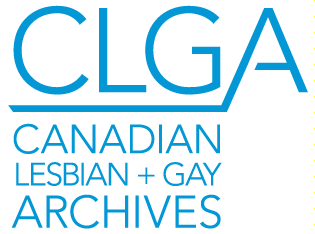
Canadian Lesbian and Gay Archives (CLGA) will examine LGBTQ+ censorship, resulting from the “Hays Code,” in an exhibit compiled of silver screen films and memorabilia.
TORONTO, ON. (January 27, 2015) – Sissy stereotypes, same-sex interaction and subtext will all come to the forefront in the Canadian Lesbian and Gay Archives’ new exhibition, Code, Read. Code, Read will see the CLGA’s gallery present four film screenings, along with a collection of film ephemera from 1930 to 1968. This free exhibit is open to the general public beginning February 8, 2015 at the CLGA (34 Isabella St., Toronto).
As films of the 1920s and 30s grew more sophisticated, and as Depression-era audiences dwindled, there was increasing demand for more controversial characters. The hitherto harmless sissy was offset both by more complex queer figures and by more scandalous stereotypes. Debates subsequently arose about the negative effect that Hollywood cinema, and its questionable morals, might have upon society as a whole.
In response, the Motion Picture Production Code, or Hays Code, put in place a series of censorship guidelines by which the production of indecent or immoral filmic content would be restricted. The institution of the Hays Code heralded the end of the sissy – and his more complex counterparts – in popular cinema, and the beginning of more reserved queer characters whose true nature was necessarily buried by subtext and innuendo. Between 1930 and 1968, a span that encompassed Hollywood’s Golden Age of film production, queer characters were either obscured through ambiguity or else written out entirely from Hollywood films. Alternatively, since the Hays Code was willing to allow “sexual perversion” if depicted in a negative light, queer characters who remained in the picture were presented as a series of unflattering stereotypes: murderous villains, suicidal misfits, farcical fairies, or sexual rebels in need of reform.
“The CLGA is proud to welcome audiences to explore an important and highly formative part of cinematic and popular history through this part-exhibition, part-mini film fest. The content of screens – film, TV, the Internet – has been a persistent subject of social debate, with LGBTQ lives and stories frequently taking leading roles,” says CLGA vice president Wil Craddock. “Antagonistic ideals around issues of morality and decency have often demonized LGBTQ representations, pushing for their censorship or promoting the picturing of negative attributes and story lines around queer people. These films offer a compelling (and rare) glimpse into the early queer heyday and subsequent queerphobia of early Hollywood. They comprise a fascinating part of historical mainstream perceptions of LGBTQ people.”
Public can attend Code, Read screenings at the following dates and times. Please note seating is limited and first-come, first-served:
Sunday, February 8, 2015
Drama Queens
Cost: Free
Time: 7:00 p.m.
Films to be shown:
Salomé (1923) Dir. Charles Bryant, 74 min. silent
Tea and Sympathy (1956) Dir. Vincente Minnelli, 122 min.
Sunday, February 22, 2015
Funny Business
Cost: Free
7:00 p.m.
Films to be shown:
A Florida Enchantment (1914) Dir. Gladys Rankin, 63 min. silent
Some Like it Hot (1959) Dir. Billy Wilder, 132 min.
Sunday, March 1, 2015
Thrills and Chills
Cost: Free
7:00 p.m.
Dracula’s Daughter (1936) Dir. Lambert Hillyer, 71 min
Rope (1948) Dir. Alfred Hitchcock, 80 min.
Sunday, March 8, 2015
So Bad It’s Good: B Movies and Queer Cult Classics
Cost: Free
7:00 p.m.
Sex In Chains (1928) Dir. William Dieterle, 107 min. silent
Glen or Glenda (1953) Dir. Ed Wood, 65 min.
For media accreditation, photos or interview requests, please contact:
Cory Stewart | Embrace Disruption PR
p: 647.638.1586 | e: cory@embracedisruption.com
About the CLGA:
The Canadian Lesbian and Gay Archives (CLGA) is the largest independent LGBTQ+ archives in the world. With a focus on Canadian content, the CLGA acquires, preserves and provides public access to information and materials in any medium. By collecting and securing important historical records, publications, magazines, newspapers, photos, films and other paraphernalia, the CLGA cares for LGBTQ+ histories now and for generations to come.
Website: http://www.clga.ca
Facebook: CLGArchives
Twitter: @CLGArchives
Tumblr: CanadianLesbianandGayArchives.tumblr.com
YouTube: bit.ly/1eAg4mB

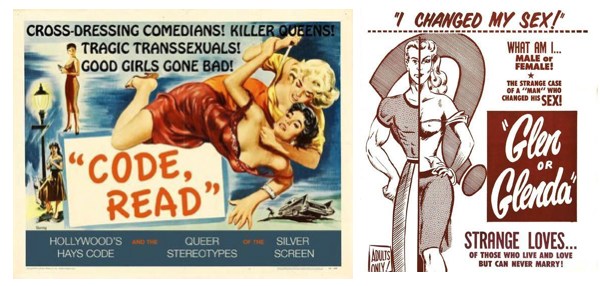



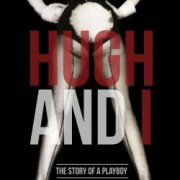

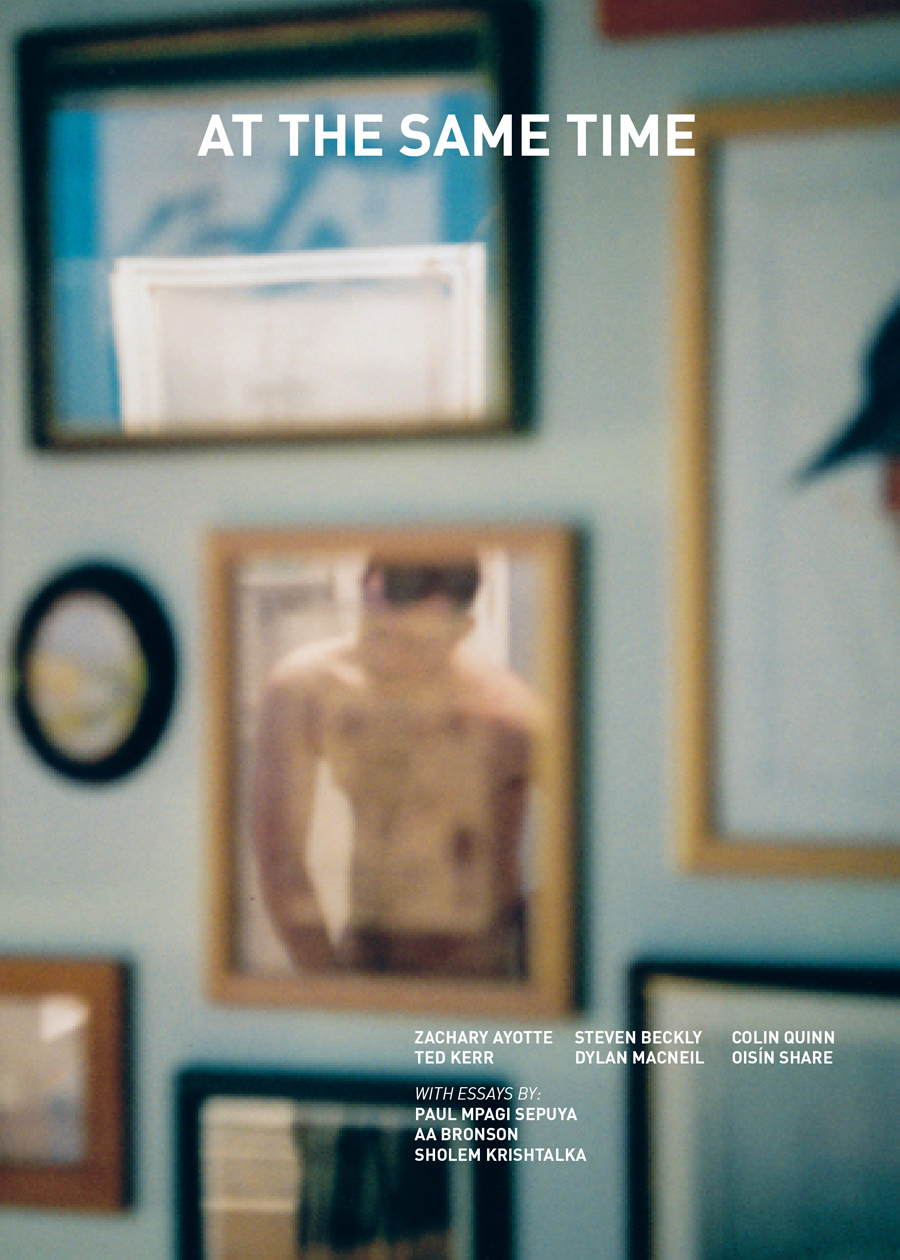
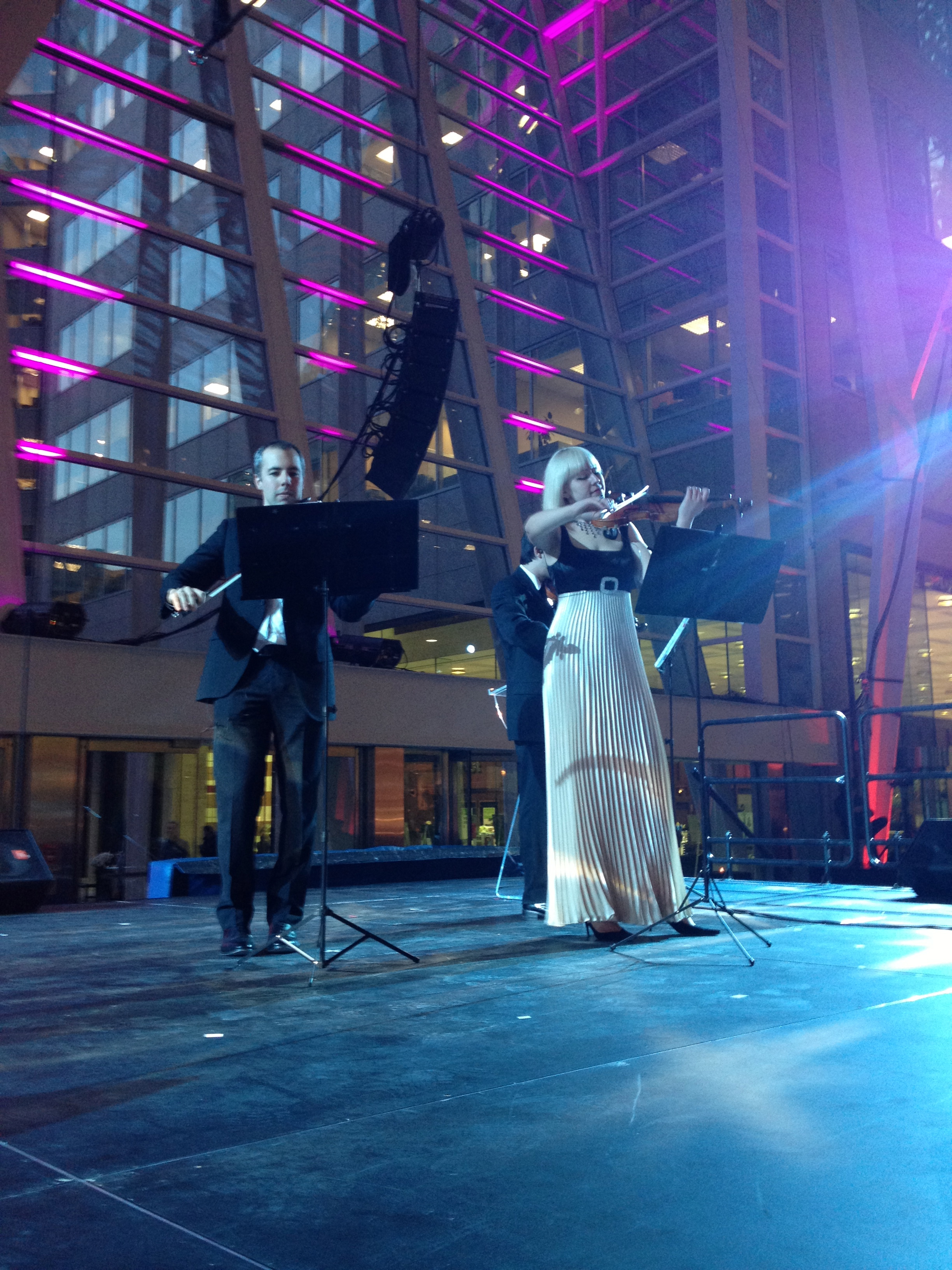
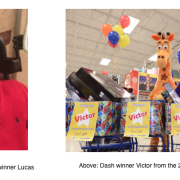





Leave a Reply
Want to join the discussion?Feel free to contribute!